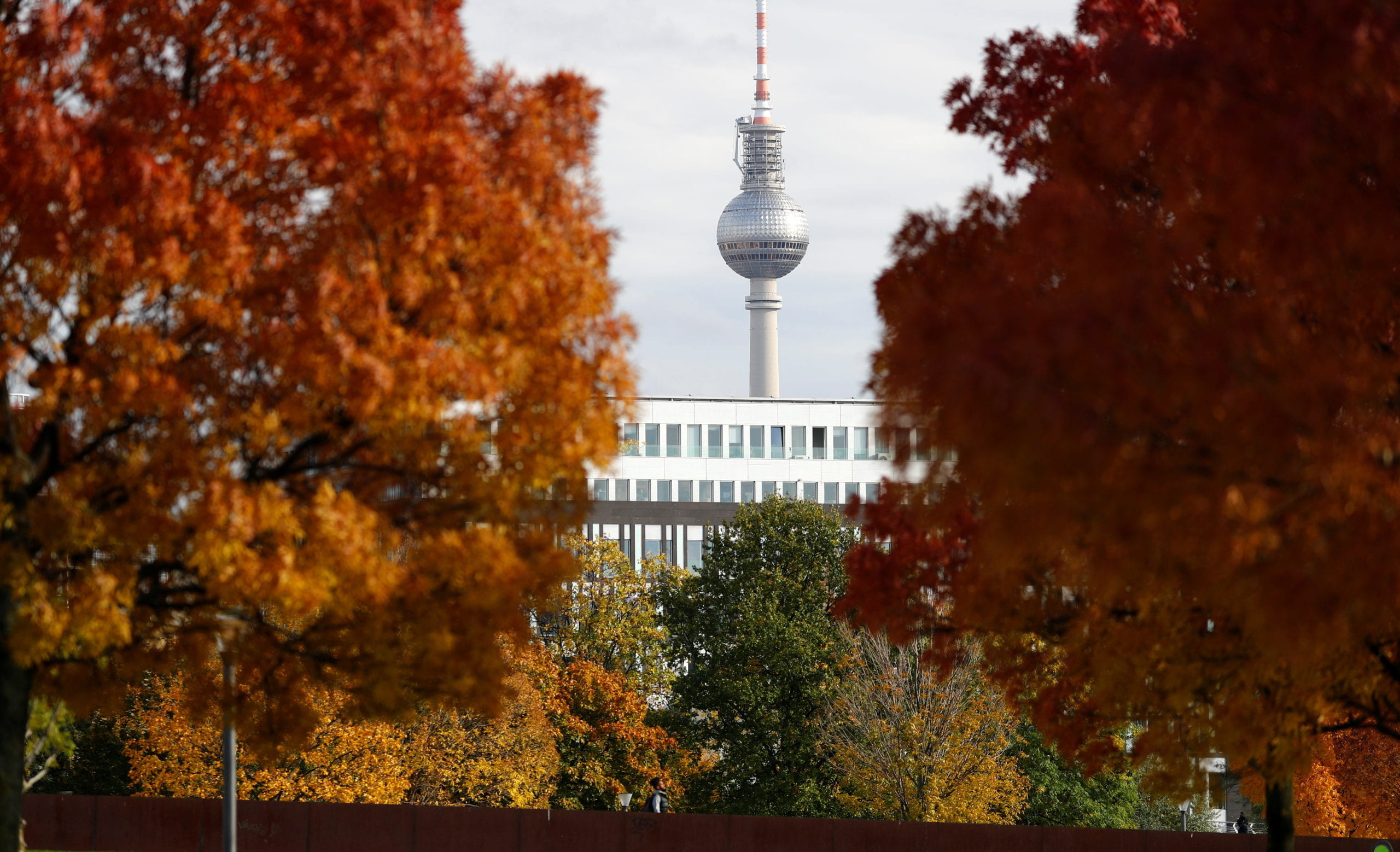Each Friday, the Wagner Planner editorial board will publish a news roundup of recent planning news. Topics range the gamut of urban planning concentrations, but will mostly be at the discretion of the editor.
Food security: How can UK cities feed themselves?
“Makoto Yokohari of the University of Tokyo argues “urban agriculture can enhance the resilience of neighbourhoods by providing fresh food in times of natural disasters”. During a global pandemic, for instance. Or the biggest upheaval to a major trade relationship in modern times: Brexit. Both those challenges have served to highlight the fragility of the UK, which currently relies on imports for about half its food.” (The Grocer)
Our Brain Typically Overlooks This Brilliant Problem-Solving Strategy
“Leidy Klotz, an engineer at the University of Virginia, noticed that minimalist designs, in which elements are removed from an existing model, were uncommon. So he reached out to Gabrielle Adams, a social psychologist at the university, to try to figure out why this was the case. The two researchers hypothesized that there might be a psychological explanation: when faced with a problem, people tend to select solutions that involve adding new elements rather than taking existing components away.” (Scientific American)
This simple addition to a city can dramatically improve people’s mental health
“Their investigations were informed by many studies that showed time spent in nature could reduce anxiety in sufferers. One found that test subjects who had spent more time in leafy surroundings showed lower levels of a biochemical stress indicator called serum cortisol. Another concluded that it even improved levels of concentration in children with attention deficit disorder.” (World Economic Forum)


